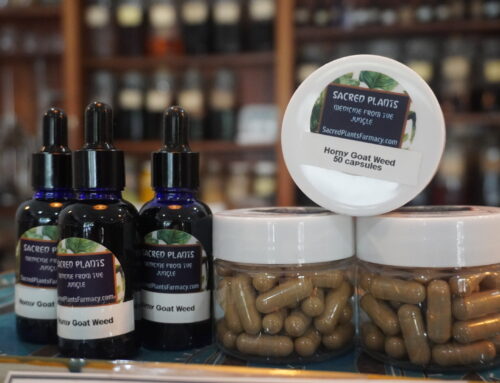- Reduces cardiovascular risk, like atherosclerosis
- Lowers blood pressure
- Helps treats type 2 diabetes
- Supports weight loss
- Eliminates free radicals
- Boosts immunity
- Fights herpes
- Reduces inflammation
- Prevents cancer
How will olive leaf extract benefit you?
Olive leaf extract comes from the leaves of an olive plant. It contains an active ingredient called oleuropein. This nutrient is thought to contribute to the anti-inflammatory and antioxidant properties of olive leaf extract.
You may have heard how a Mediterranean diet has been linked to a decrease in chronic diseases, especially cardiovascular disease. This is thought to be due to the focus on olive oil, leaves, and fruit in the diet. It’s been used as traditional medicine for centuries in countries like Greece, Morocco, and Tunisia.
Here’s what research says about the biggest reported benefits of olive leaf extract.
Treats herpes
To treat herpes with olive leaf extract, drop 1 to 2 droplets on a cotton ball and place on the sore. One study found that olive leaf extract’s antiviral and antimicrobial factors reduce the ability of the herpes virus to invade surrounding cells.
Protects the brain against Alzheimer’s and Parkinson’s
Oleuropein is also shown to have a protection against Alzheimer’s disease. The antioxidant effects of olive leaf extract may also help with preventing damage or loss of dopamine neurons that’s associated with Parkinson’s disease as well.
Improves heart health
Researchers believe olive leaf extract can have positive effects on atherosclerosis, or narrowing of the arteries, which is the highest risk factor for heart disease. High levels of LDL, or “bad” cholesterol, and total cholesterol are risk factors for developing this disease. One animal study from 2015 assessed the effects of olive leaf extract on cholesterol levels. Rats who took the extract for eight weeks had significantly decreased cholesterol levels.
Lowers blood pressure
Olive leaf extract may help lower systolic and diastolic blood pressure. A 2017 study found that olive leaf extract successfully lowered blood pressure. A lower blood pressure can reduce your risk of stroke and heart attack.
Treats type 2 diabetes
A review of olive leaf extract and type 2 diabetes found that olive leaf oil extract can help improve insulin secretion in cells. Animal studies have shown that olive leaf extract may:
- reduce hyperglycemia
- reduce hyperinsulinemia (too much insulin in the blood)
- reduce blood glucose, plasma malondialdehyde, and other signs of oxidative stress (an imbalance of free radicals that can harm the body)
- reduce cholesterol
- decrease serum glucose
- increase serum insulin
However, more studies testing olive leaf extract on humans are needed. One human study found that people who took olive leaf extract tablets lowered their average blood sugar level and fasting plasma insulin levels. However, insulin levels after eating weren’t significantly affected.
Supports weight management
Along with heart-healthy benefits and type 2 diabetes protection, it makes sense that olive leaf extract could also help with weight loss. An animal study from 2014 researched the effect of olive leaf extract in preventing high-fat, diet-induced obesity. It’s thought that olive leaf extract prevents obesity by regulating the expression of genes that affect weight gain. It can also aid in reducing food intake.
Reduces cancer risk
In one cell study, olive leaf extracts were shown to stop cancerous cell growth. Researchers suggest that the extract has strong antioxidant properties, but this is also one of the first studies on olive leaf extracts and their anticancer effects. More research is needed to prove this benefit.
Olive leaf extract dosage guidelines
The daily supplemental dosage is 500 to 1,000 milligrams. You can divide the amount into a few doses per day. Start with a smaller dosage the first time you start taking the extract and gradually increase the dosage as your body allows.
The statements made within this website have not been evaluated by the Food and Drug Administration. These statements and the products of this company are not intended to diagnose, treat, cure or prevent any disease.





